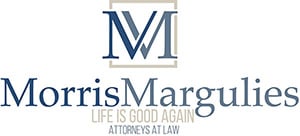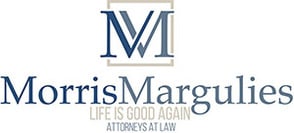
If you are considering filing for Chapter 7 bankruptcy and are anticipating receiving a tax refund, you may be wondering whether you can keep it. The answer will depend on the amount of the refund compared with the value of your other assets. If you are anticipating a large refund, a consultation with a bankruptcy attorney is essential.
The first question the attorney is likely to ask is whether you have already received the refund (it was received in April and it is now June), or are you still waiting to receive the refund (it is January and you expect to receive the refund in March). If you have already received your refund, the next question you will be asked is whether you still have the funds from the refund in your bank account or in cash, or did already spend it?
If some or all of your tax refund is still in your bank account, then the next question is how much of the funds do you still have? In Maryland, each person is allowed to keep up to $11,000 worth of cash and personal property and another $1,000 in household goods. If the debtor’s assets exceed this amount, he is she will be required to turnover the excess to the Chapter 7 Trustee who will then use the funds to pay the debtor’s creditors. In addition to the general exemptions described above, Maryland has several other exemptions, such as retirement accounts. To find out about all the exemptions one may be entitled to, you need to consult with an experienced bankruptcy attorney. To the extent that the total value of your property exceeds the limit allowed by law, the balance, including tax refunds may need to be turned over to the Chapter 7 Trustee.
If you already received and spent your tax refund before your case is filed, then the Trustee may want to know how you spent the money, was it spent on items that would be considered reasonable and necessary. For example, if you used your tax refund to catch up on your rent, mortgage or car payment, or paid for medical care or car repairs, that would most likely be considered reasonable and necessary. On the other hand, if you used your tax refund to purchase luxury goods, then the value of those goods will be considered assets of your estate and may need to be turned over to the Trustee. In instead of buying expensive items, you used the tax refund to repay a loan from a family member, depending on the amount of the repayment, the family member may be requested to turn over the payment as a preference to the Trustee. It is a false assumption to believe that if you have not yet received your tax refund, it will not be considered an asset of your bankruptcy estate. Even if you file the case in November, and the deadline to file the tax return is not until April of the following year, the law considers 11/12ths of the refund to be part of your bankruptcy estate.
If you anticipate receiving a tax refund and are also considering filing for Chapter 7 bankruptcy, you need to consult an experienced bankruptcy attorney before making any decision on this complex issue.
The attorney at the law firm of Margulies & Associates, LLC have assisted thousands of clients through the Chapter 7 and Chapter 13 bankruptcy process, including analyzing what amount of a tax refund you will be allowed to keep. Please call us for a consultation today. Laura Margulies is a principal and Fred Nix is an associate in the law firm of Laura Margulies & Associates, LLC. We represent consumers in bankruptcy and litigation matters in Maryland and the District of Columbia. To learn more about our firm visit our web site at www.law-margulies.com.

